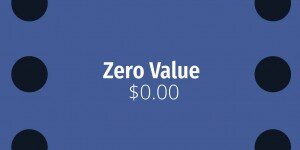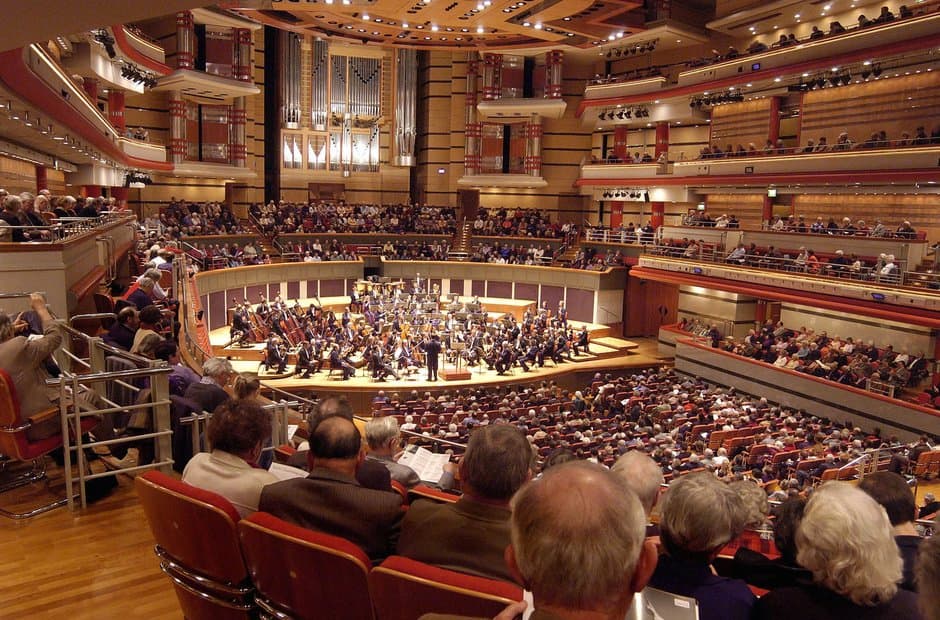As someone who has spent most of his life inside music, I value what music has taught me. The things music has given me and the beauty and pleasure I get from listening to and creating music are beyond almost all other connections in my life.

Regardless of what sort of music that comes along, and irrespective of how technology and society alter music, even if I became deaf like Beethoven, music has and always will change and move me. Even though today, the value of music seems worthless. For me, music is the most influential aspect of my world, outside of my family and partner.
As a music lover, one of the aspects I adore about music is its sound quality. Being able to hear clearly every instrument and voice, the subtleties, the timbres, the highs, and lows are essential to my love of music. I find the quality of streaming music services to be some of the poorest low-quality sounds that I have ever heard. Digital is the devil in the detail of this sound quality problem.
Another issue is, as a music student, I always asked myself, when can I call myself a composer? But today, what is the value of being a composer when streaming music sites rarely tell you who the composer is?
Have streaming music sites turned music into another disposable product? Unannounced music is worthless. It turns it into an expendable product, and it would not matter if you lost it. Streaming is changing the mindset of many people about the value of music. Streaming music is the thing you do when you are doing something else; it fills the background like wallpaper.
I was in a book club not so long ago, and when I went to the meetings, the host would have their mix of Spotify favourites on. It would be a mixture of light classical, smooth jazz, sweet pop, hip hop, ambient, electronic music and any other form you can think of. Not only has streaming made music a background experience, but, it is also jamming a range of styles together that were never intended to be heard one after the other. The context of these varying styles has also become a background effect.
You don’t find this on the radio, at concerts or on TV, but, sometimes you do in the movies as scenes change; there it makes sense. Maybe this mixed-up mess is how people want to hear music today. For me, it just bamboozles my mind. I can’t adjust to the ever-changing moods of the music that certain streaming sites offer.
Few people’s moods change every three minutes, so why would anyone play different types of music from different genres all in a row? Music is there to give expression to things that are inexpressible. Going from listening to Justin Bieber to Ella Fitzgerald and then to Stravinsky or Vangelis just does not work for me. It confuses and annoys me.
I love music as I love good wine and a good book; music is not meant as an accompaniment to a conversation, or a discussion about books. Wine and food make the conversation better. Being smothered in music from the Renaissance to a contemporary piece of music confuses and distorts that conversation. I have to try to concentrate on shutting out that music so I can focus on the discussion.
Shutting music out is doing the opposite of what it is there for. Music is meant to be heard and listened to. You wouldn’t ignore your partner, (well, you might, but not for long) however, many of us casually ignore the music, especially when it’s streamed. When I’m looking at an instructional video on YouTube that does not have a narrator, I shut the music off to concentrate on the action in the video. This is the only time I can think that music needs to be shut off, other than when you want to sleep.
Not only is streaming music making it irrelevant, but this music is also carelessly used in almost every place and for every event. Too much music is as bad as too little.
If we continue to see the growth of streaming music simply because of its convenience and lower cost as opposed to buying a copy, we might get to the point where one day, we only have AI and computer-generated music, because no one is really listening, anyway. What’s the point of a composer making music if no one knows who made it, what it’s called, the context, or worst of all, few if any are actually listening to the music. What will be the point of music then?




